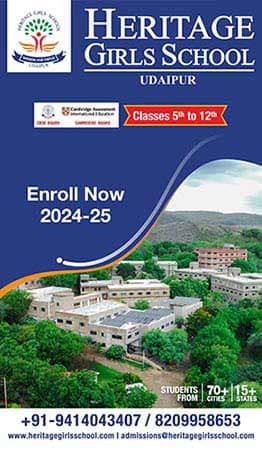
THE STUDY BUDDY PROGRAM
This is an empowering peer teaching module where high achievers volunteer to tutor a peer who requires help in a certain subject. This is a win-win project where both the tutor and the teacher benefit.
BENEFITS OF THE STUDY BUDDY PROGRAM TO TUTORS AND TUTEES
- Improves self-confidence and self-esteem of both tutors and tutees
- Improves academic achievement
- Improves attitude towards the subject matter and school in general
- Improves subject-specific knowledge and facilitates a deeper understanding of subject matter
- Provides an opportunity for individualized instruction
- Provides opportunities for questions and clarification of difficult concepts
- The development of social behaviours and overall discipline
- Enhancement of peer relations, interpersonal and communication skills
PROTOCOL OF THE PROGRAMME
- Teachers of English and Math identify tutors and tutees every term
- The nominated tutors get consent from parents to allow them to participate in the programme
- The Learning Support Department conducts training and provides teaching/learning materials
- The Learning Support Department is also in charge of supervision and constant monitoring of the programme
- The lessons take place on Saturdays at 2.15 p.m. and Thursdays at 8.00 a.m. at selected venues in the school.
- Every participating tutor is awarded a certificate of appreciation at the end of the term. The programme is also entered into the student's activity cards.
TUTEES ARE EXPECTED TO
- Observe punctuality for the lessons
- Attend all the planned lessons throughout the term
- Cooperate with tutors and show appropriate behaviour during lessons
MONITORING AND EVALUATION METHODS
The following methods are used to evaluate the effectiveness of the programme:
- Observations
- Attendance lists
- Tutee work-notes and assignments
- Tests and Exams
LEARNING AT HERITAGE GIRLS SCHOOL
HGS has designed a curriculum that follows an Interdisciplinary approach to instruction, combining skills and content from various learning areas and addressing multiple intelligences. An interdisciplinary, standards-based curriculum with an aligned assessment system.
MONITORING AND EVALUATION METHODS
The Junior years at Heritage Girls’ School is built on the spirit of exploration. Emphasis is placed on acquiring sound language skills, clarity of mathematical concepts and discovery and understanding of scientific principles based on
- Activity-based and experiential learning.
- Learning beyond the textbook and relating to real life experiences
- Emphasis on understanding and application
- Nurturing and encouraging the spirit of enquiry
- Online lessons for revision
Through extensive project work, students are given an awareness of the richness of history and culture. The children acquire all the building blocks of scholarship, along with good study habits and a love for learning. Inquiry and the use of resources such as ICT complement all the strategies we use to help students to become lifelong learners.
ASSESSMENT
The objective is to assess the students' understanding of the subject and their ability to apply knowledge rather than rote learning. Assessment is formative, comprehensive and continuous.
It comprises Classwork, assignments, Oral and written quizzes, open books as well as prepared tests, Show and Tell and projects.
There are no examinations in Junior School; teacher evaluations and assessments are continuous and ongoing. Students are assessed according to their progress rather than in comparison with the class hence there is no ranking.
MIDDLE & SECONDARY YEARS-CLASSES VII TO X
The students are guided and counselled through these transitional years so that they are ready for the formal and structured style of learning. The holistic development of each child is achieved through a myriad of activities.
In the middle school, the curriculum includes programmes to develop side by side of academic skills i.e. strong communication skills through debates, elocution, extempore speaking, and drama. Performing Arts, Physical Education, Art and Craft, Clubs and societies, Food and nutrition, Computer classes, to name a few complements the academic rigour and are timetabled classes.
The syllabus is enriched by teacher-designed worksheets and subject-integrated projects. Emphasis is placed on learning by asking questions, problem-solving and application. This is reinforced through curriculum-related trips, workshops, seminars and films. Inquiry and the use of resources such as ICT complement all the strategies we use to help students to become life-long learners.
We follow the CBSE curriculum and the CIE curriculum in the Secondary years. The practice of Continuous Comprehensive Evaluation enables us to evaluate the student not only in Scholastic but also in Co-scholastic areas like Life Skills, Attitudes, Values, Work and Art education.
ASSESSMENT
Evaluation of performance is continuous and comprehensive. Assessment involves two components- Formative and Summative.
Formative assessment comprises the evaluation for all necessary skills through class works, assignments and projects etc.
The Unit tests one in each term, form part of the Summative assessment. These are of one-hour duration and assess the student for units taught in that particular term
The Half-Yearly and Final exams are held in November and March respectively.



